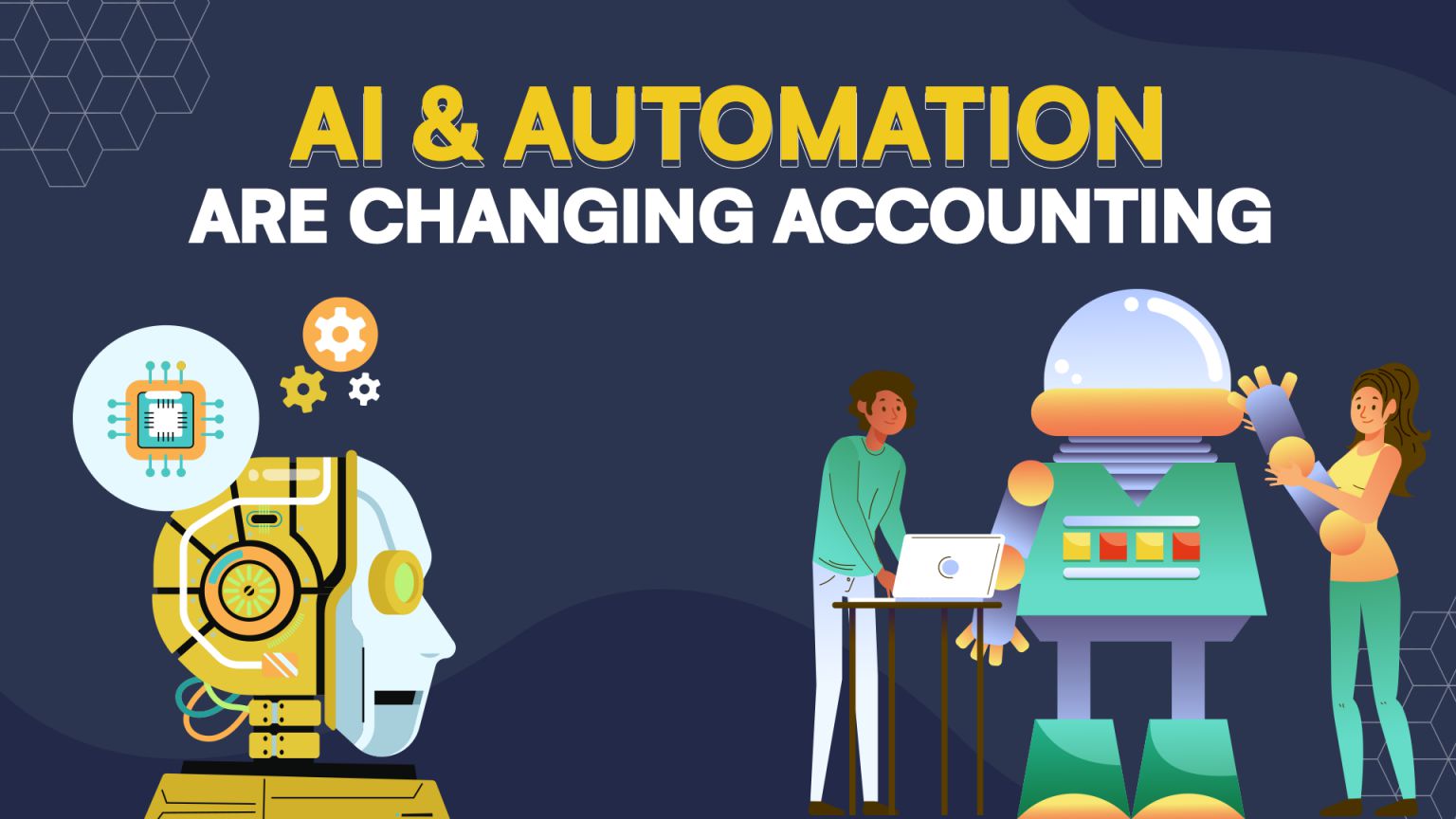AI and automation are transforming the accounting industry by improving efficiency, accuracy, and decision-making. One of the most significant ways AI is impacting accounting is through automating routine tasks that traditionally required manual input, such as data entry, invoice processing, and bank reconciliations. AI-driven tools can quickly scan invoices and receipts, extract relevant data, and input it into the accounting system with minimal human intervention, reducing the time and effort spent on repetitive tasks. This automation not only speeds up processes but also minimizes the risk of errors that can occur during manual data entry, improving overall accuracy.
Additionally, AI can enhance fraud detection and compliance by identifying unusual patterns in financial transactions. Machine learning algorithms can analyze large volumes of data and flag any transactions that seem out of the ordinary, helping accountants quickly address potential issues. These tools also help with audit processes by automatically organizing and categorizing financial records, making it easier to spot discrepancies and track compliance with regulations.
AI is also revolutionizing financial analysis by providing deeper insights into a business’s financial health. Machine learning algorithms can analyze historical data and predict future trends, helping accountants and business owners make more informed decisions. These predictive capabilities can assist with cash flow forecasting, budgeting, and even risk management, giving businesses a competitive advantage by enabling them to anticipate challenges before they arise.
Automation within AI-powered accounting software can also streamline tax preparation. With built-in tax compliance features, AI can calculate tax liabilities, apply deductions, and generate tax reports automatically based on the latest tax laws. This reduces the need for manual calculations and helps ensure businesses remain compliant with evolving tax regulations.
